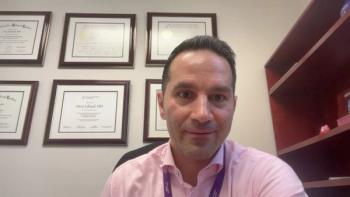
Cochair of our recent Institute for Value-Based Medicine® event hosted with NYU Langone Health, Oscar B. Lahoud, MD, speaks on his hoped-for top health care priorities under the incoming administration.

Cochair of our recent Institute for Value-Based Medicine® event hosted with NYU Langone Health, Oscar B. Lahoud, MD, speaks on his hoped-for top health care priorities under the incoming administration.
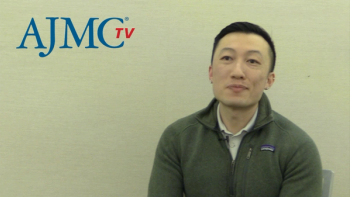
Tim Mok, PharmD, BCPS, BCOP, malignant hematology pharmacy research analyst at Kaiser Permanente, discussed his perspective on the balance between clinical outcomes and cost considerations.
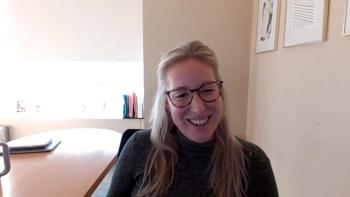
In this second part of our interview with Kasey Bond, MPH, NYU Langone Health, we discuss the contributions of community health workers to increasing clinical trial access and how technology—artificial intelligence (AI), in particular—can help to facilitate the process.
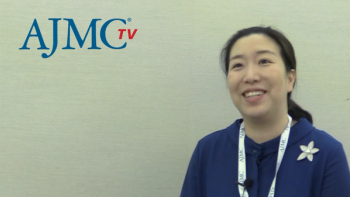
Song Park, MD, University of Washington Medicine, advocates for more user-friendly technology to support equitable skin cancer care access.

In our ongoing conversation with James Cancer Hospital’s Don M. Benson, MD, PhD, he explains his philosophy of always striving to deliver personalized patient care.
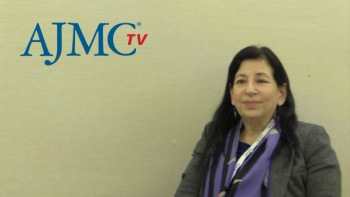
Sara Grethlien, MD, MBA, FACP, Swedish Cancer Institute, looks ahead to the future of oncology care and important value-based care considerations.
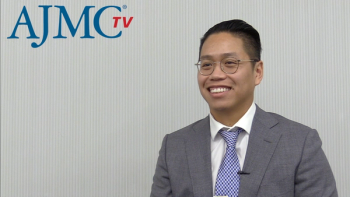
Ryan Nguyen, DO, University of Illinois Chicago, highlights the importance of personalized care for patients who have non–small cell lung cancer (NSCLC) and the potential of artificial intelligence (AI) in oncology, while cautioning against its limitations, including the risk of unsupported recommendations.
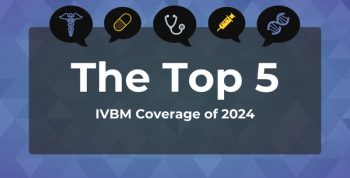
The top content from the Institute for Value-Based Medicine® (IVBM®) highlighted innovative approaches to improving care delivery, addressing obesity, and tackling health inequities across various disciplines.

Ryan Nguyen, DO, physician and researcher at the University of Illinois Chicago, emphasizes the transformative impact of immunotherapy in non–small cell lung cancer (NSCLC) and the need for precise biomarkers and equitable access to advanced treatments through systemic testing protocols.

In part 3 of our interview with hematologist-oncologist Don M. Benson, MD, PhD, The Ohio State University Comprehensive Cancer Center, he addresses the unpredictable nature of multiple myeloma outcomes and their multifactorial nature.
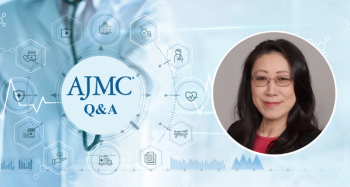
Sophia Humphreys, PharmD, MHA, BCBBS, a practicing pharmacist and health system director at Sutter Health, discussed the decision-making process for selecting between fixed-duration options and continuous Bruton tyrosine kinase inhibitor (BTKi) therapy for patients with chronic lymphocytic leukemia (CLL).
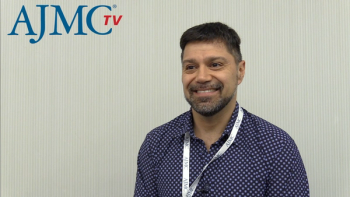
Matias Sanchez, MD, assistant professor in the Department of Medicine at the University of Illinois Chicago, discussed recent advancements in multiple myeloma treatment, including the potential of cell therapies and bispecific antibodies.

Matias Sanchez, MD, assistant professor in the Department of Medicine, Division of Hematology and Oncology, University of Illinois Chicago, emphasizes the importance of patient education and caregiver involvement in managing complex therapies and advises oncologists to confidently integrate advanced treatments.

In this second part of our discussion with Don M. Benson, MD, PhD, from our recent Institute for Value-Based Medicine® event in Cleveland, Ohio, he explains how his ultimate goal for his patients is for them to live as long and as well as possible.
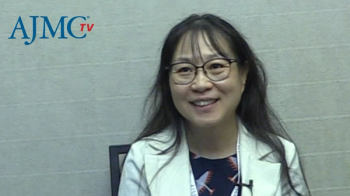
Mei Wei, MD, an oncologist specializing in breast cancer at Huntsman Cancer Institute at the University of Utah, discusses the latest advancements in HR+/HER2– breast cancer research, as well as the increasing role of genomic profiling in tailoring treatment plans.

Kasey Bond, MPH, of Perlmutter Cancer Center at NYU Langone Health, speaks to why it’s vital to keep patients at the center of all strategic partnerships between academic institutions and community-based oncology practices.

Don M. Benson, MD, PhD, has cared for patients at James Cancer Hospital in Ohio for 22 years, where he and his team see approximately 10,000 patient visits each year.
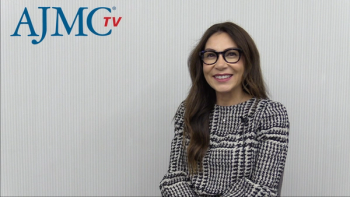
Oncology pharmacists play a vital role in managing complex outpatient therapies by assessing patient suitability, educating patients, and implementing protocols to ensure safe and effective treatment.

At our recent Institute for Value-Based Medicine® event hosted with NYU Langone Health, Brita Roy, MD, MPH, MHS, spoke on improving cancer health outcomes through community-clinical partnerships.
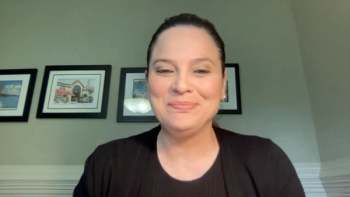
In the final part of our interview, Ticiana Leal, MD, Winship Cancer Institute, looks to the future of perioperative care in the non–small cell lung cancer (NSCLC) arena and the importance of risk stratifying patients.

In this clip from our interview with Oscar B. Lahoud, MD, cochair of our Institute for Value-Based Medicine® evening hosted with NYU Langone Health, he addressed medical mistrust in underrepresented communities.
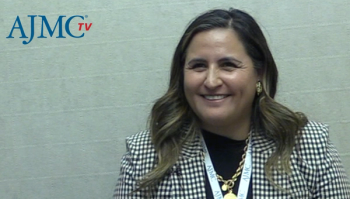
Mabel Mardones, MD, Rocky Mountain Cancer Centers, discusses the future of HR+/HER2– breast cancer treatment, focusing on the importance of biomarkers and the potential of SERDs to improve patient outcomes.

The American Journal of Managed Care® and Vanderbilt University Medical Center partnered on a recent Institute for Value-Based Medicine® event, which had the theme, “Bringing the Future to the Present in Cancer Care.”

Mei Wei, MD, an oncologist specializing in breast cancer at Huntsman Cancer Institute at the University of Utah, discusses new treatments for HR+/HER2- breast cancer and immunotherapy challenges, particularly regarding immune-related adverse events.

The theme of our recent Nashville Institute for Value-Based Medicine® event was ”Bringing the Future to the Present in Cancer Care.”
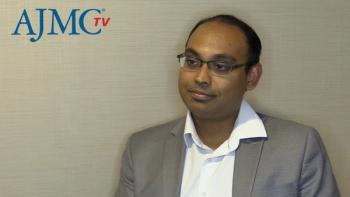
At the regional Institute for Value-Based Medicine® event in Boston, Vinayak Venkataraman, MD, medical oncologist at Dana-Farber Cancer Institute and Harvard Medical School, was a panelist for the discussion, “Recent Advancements in Identifying Predictive Biomarkers for Sarcomas."

Mabel Mardones, MD, board-certified medical oncologist and hematologist who specializes in breast cancer at Rocky Mountain Cancer Centers, emphasizes the importance in identifying patients with HR-positive, HER2-negative (HR+/HER2–) breast cancer with unmet treatment needs.

Mei Wei, MD, an oncologist specializing in breast cancer at Huntsman Cancer Institute at the University of Utah, discusses advancements in breast cancer treatment, highlighting CDK4/6 inhibitors and antibody-drug conjugates as promising alternatives to traditional therapies.
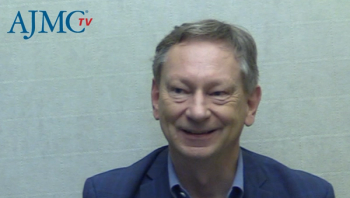
Glenn Balasky, executive director of Rocky Mountain Cancer Centers, emphasizes the need for government support to sustain telehealth and suggested a hybrid model combining centralized high-tech care with remote monitoring to address the challenges of providing innovative care in rural settings.
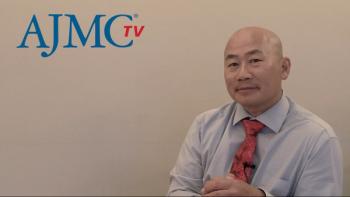
Viet Le, PA-C, Intermountain Health, gives insights into the benefits cardio-renal-metabolic care models provide for patients in need.

259 Prospect Plains Rd, Bldg H
Cranbury, NJ 08512
© 2025 MJH Life Sciences®
All rights reserved.
